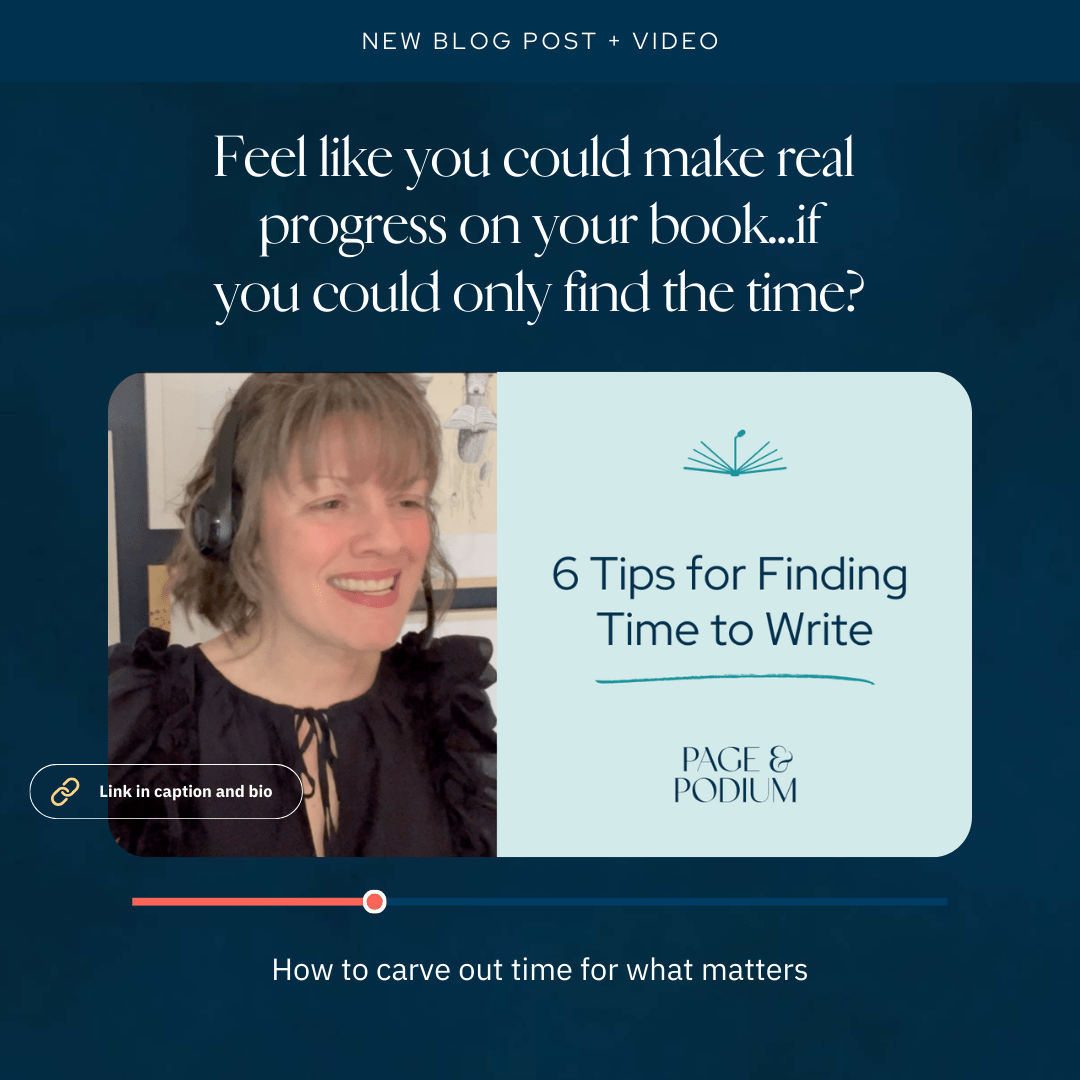Once, in a high school history class, I had been tasked with looking into my family history. I spent a good chunk of that class period tracing my great-grandfather’s life through multiple rural towns and counties in western Kansas, and explained what I’d found to my dad when I got home.
“Yeah, Grandpa’s dad moved all the time. This year he’s in Garfield, the next he’s three counties over, and, sometimes, I don’t even know where he’s at for a few years. Even when they had kids, they never stayed in the same place for more than three years,” I told him.
“Oh,” he’d said, standing up straighter. “My dad hated moving. He hated moving more than anything else. I never understood why.” Suddenly, he and I both had reached an understanding of why my grandpa was the way that he was—and why he still lived in the same town of 500 people where he’d graduated high school.

Our family’s stories have profound effects on the way we live in ways we don’t always realize. Where we come from and who raised us, for better or for worse, are present in our mannerisms and daily routines. Putting these stories to paper, however, documents them for years to come and helps us come to a true understanding of the parts of us that started long before we arrived.
Read on to find out the three major ways (and, in my opinion, benefits) our family stories shape our identities today.
1. Pride
Perhaps the most common reason people begin looking into their family history is to look for or celebrate people they share their ancestry with. It feels good to be connected to someone special, whether their impact was contained to their home community or affected the entire world.
Often it gives us hope that we can do the same, with or without the connections provided by our family members before us. Sometimes people find that family members they thought were perfectly ordinary actually had a profound impact through their work or community.
2. Understanding
Just as my dad gained some perspective on his father, our family stories can help us understand why our families are the way that they are. Younger generations may learn that the reason their family insists on making pesto and pasta from scratch is that it used to be an activity the entire family bonded over in their small kitchen. You may discover that your grandfather once had a nasty wreck on the highway to his home, and that was why he always took the long way home after that, even in inclement weather.
Everyone has tendencies from the culture they grew up in as well as the events in their life (the nature and nurture of their upbringing), and learning what those were for our family members can help us understand and empathize with them.
3. Growth
Our families are human, and, as a result, not all of our family stories are positive ones. Sometimes people look into their family and find some of their ancestors were on the wrong side of history. Other times they simply lived a very hard life that didn’t amount to much joy.
These kinds of findings can be jarring, especially if your family’s attitudes have shifted in modern times. However, it’s important not to shy away or hide these stories, even if they may be hard to hear. They are learning opportunities—reminders that not everyone is perfect or simply lessons on what not to do. Sometimes it’s even in our power to make amends for mistakes our ancestors and family members made.
The Bottom Line:
Regardless of why you’ve chosen to look into your family’s history, I encourage you to document it for future generations. Who knows—you may even find information on a historical figure that no one else has. In fact, a great way to document these stories is to write them into a book.

For starters, books are more permanent (and organized) than a stack of papers, notes, and documents stored in the back of a desk or closet. Books can also be duplicated and enjoyed by your family and others interested in your stories.
If a book seems like a daunting task—well, you’re not wrong. Books are a big commitment, but they aren’t impossible. In fact, making stories into published, industry-oriented books is why we do what we do. Whether you need assistance through coaching and publishing, or you’d like to utilize a ghostwriter to make your book a reality, DAS Author Services is here to ensure it happens.
To find out more, you can even schedule a free Clarity Call to get started and see if we’re a fit for you.



